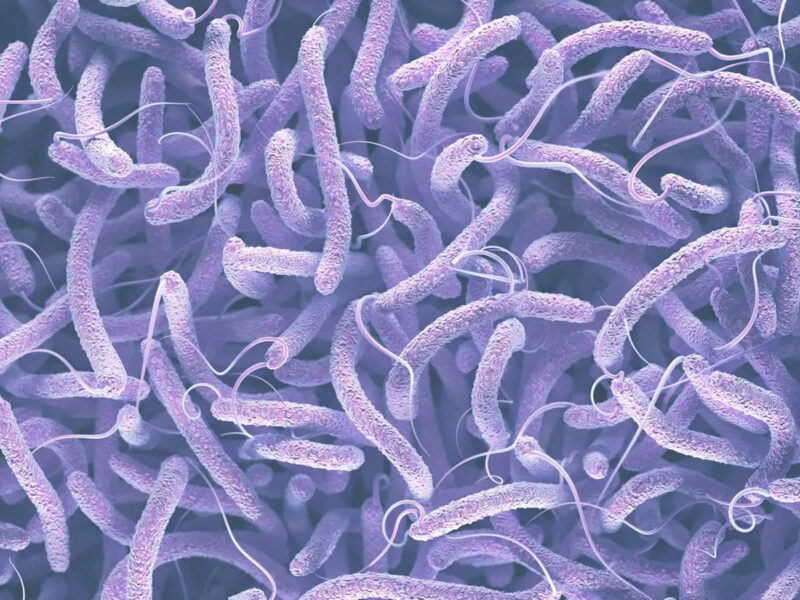India’s bustling city, Chennai, is going through the heat of a cholera outbreak. This matter has set the city folks and health departments on high alert. The infection, due to the Vibrio cholerae bacterium, has caused a sudden surge in disease cases. It’s becoming more and more necessary to not just understand why cholera happens but also to learn ways to prevent it in order to protect public health.
What Causes Cholera?
Dirty Water: The key culprit we’ve found is intake of water that Vibrio cholerae bacterium has managed to contaminate. Lack of proper sanitation protocols, like open defecation and incorrect waste management, can contribute to this contamination. Moreover, not properly cooking seafood caught in infected waters can up your chances of getting the disease.
Hygiene Negligence: Poor hygiene habits like insufficient handwashing and sanitation can also spread cholera. The bacterium can easily be transferred from contaminated food, water, or objects. This underlines the importance of sticking to a good hygiene routine to avoid infection.
City Congestion: The spread of cholera can worsen due to overcrowded spaces, particularly in busy cities like Chennai. The risk of contracting the disease intensifies with the lack of clean water and sanitation facilities in dense populations. Hence, lessening overcrowding and enhancing sanitation infrastructure are key in getting the outbreak under control.
How To Stay Safe From The Virus?
Clean Food and Water: The need to ensure that your food and water are clean and safe cannot be underscored enough to prevent cholera. Following simple practices like boiling water, thoroughly washing fruits and vegetables, along with shunning raw seafood can considerably reduce your chances of infection. Besides, exercising food hygiene and steering clear of street food in risky localities proves effective too.
Health Awareness: There’s an urgent need for the public to understand how vital handwashing, sanitation, and overall hygiene are to resist cholera. Awareness camps in communities, school lessons, and healthcare drives have a significant part to play in enhancing this understanding and instilling cleanliness habits.
Immunization Drives: Vaccinations aimed at populations at risk can help keep cholera at bay and lessen the disease’s severity. Ensuring extensive vaccine coverage in susceptible communities can help authorities hold cholera in check and guarantee public safety.











